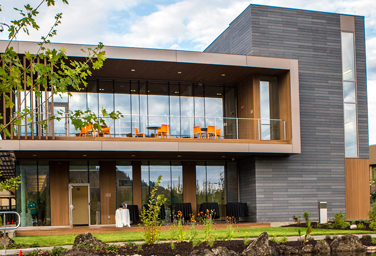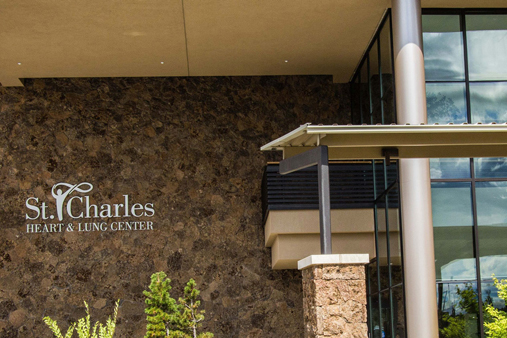Have you ever wondered if you are at high risk for developing breast cancer? A new free event Sept. 12 at St. Charles Cancer Center in Bend aims to help women answer that question. St. Charles’ High-Risk Breast Clinic will host a free screening aimed at helping up to 150 women identify whether they may have an elevated lifetime risk of developing breast cancer.
This drop-in event is open to women aged 25-55 who believe they may be at high risk of developing breast cancer or would like to learn their risk. Each screening will take approximately 5-10 minutes. Patients should be prepared to provide personal and family medical history, although individuals with unknown family history can still be screened.
“Our hope with this clinic is to bring awareness and understanding to women about their breast cancer risk," said Jessica Keegan, cancer screening coordinator for the High-Risk Breast Clinic. “It’s important for women to know their risk and the resources available to increase surveillance and reduce that risk. Knowing your risk empowers women to make the right health care choices for themselves.”
As part of the screening, caregivers will use National Comprehensive Cancer Network guidelines to calculate each patient's lifetime risk of developing breast cancer (no physical exams will take place). Individuals with a determined risk level greater than 20% may qualify for earlier and more frequent screenings and may benefit from further evaluation by the High-Risk Breast Clinic. Patients will also be assessed to determine if they met criteria for hereditary cancer risk testing.
The clinic will take place from 4:30 to 6:30 p.m. and is a drop-in event; tickets or registration are not required to attend. Those unable to attend the event can contact the High-Risk Breast Clinic at 541-706-6729 to schedule an appointment or contact their primary physician for a referral.
Screening is recommended for individuals with one or more of the following risk factors:
- Having a mother, sister or daughter diagnosed with breast cancer, particularly before menopause.
- Two or more close relatives - such as aunts, grandmothers or cousins - diagnosed with breast cancer, especially at a young age.
- Diagnosis of ovarian cancer in multiple family members.
- A combination of breast and ovarian cancer occurring on the same side of the family.
- Breast cancer diagnosed in a male relative.
- A personal history of ovarian cancer.
- History of breast biopsy showing atypical hyperplasia or lobular carcinoma in-situ (LCIS).
- Carrying a gene mutation such as BRCA1 and BRCA2.
More information can be found by calling 541-706-6729 or visiting our event webpage.




